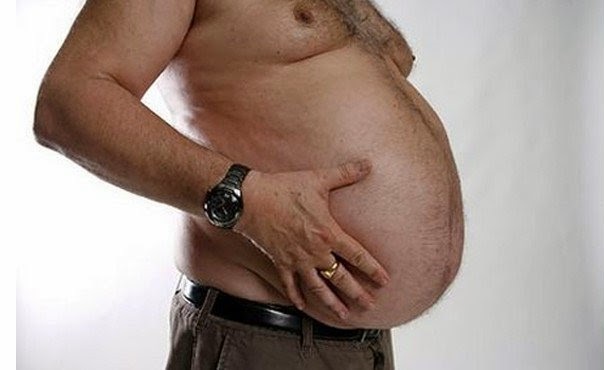“Low levels of testosterone and visceral obesity often present together and result in harmful effects on bone. Now we’ve shown that they each contribute to the problem independently.”
In October 2015, the journal Osteoporosis International published an article by Dr Daniel Donner et al., titled “The effects of visceral obesity and androgens on bone: Trenbolone protects against loss of femoral bone mineral density and structural strength in viscerally obese and testosterone-deficient male rats“.
In the article, it was shown that rats with low testosterone (the most abundant ‘androgen’) had bones which were weak, inflexible and at a much higher risk of breaking than those of healthy rats with normal androgens and no obesity. Additionally, rats with low testosterone and diet-induced visceral obesity (that’s the fat on the inner-side of the abdominal muscles, padded firmly around the organs), had even weaker bones.
Interestingly, therapeutically restoring the androgens with testosterone did not reduce visceral fat mass but did improve the bone mineral density and size of the leg bones tested. Replacing the androgens with a different androgen called trenbolone (which is known to reduce visceral fat mass) not only improved bone mineral density and size but further improved all measures of bone strength and stiffness – which are related to preferable minerals structurally re-enforcing the bones.
Taken together in the context of the study’s design, the findings support a role for both visceral adiposity and testosterone deficiency as independent risk factors for osteoporosis, poor bone development and impaired bone strength in male rats. Extrapolated (rather dubiously without further research) into the context of adult osteoporisis in males, trenbolone may be a more effective candidate for androgen replacement therapy than testosterone particularly in the viscerally obese and testosterone-deficient.
